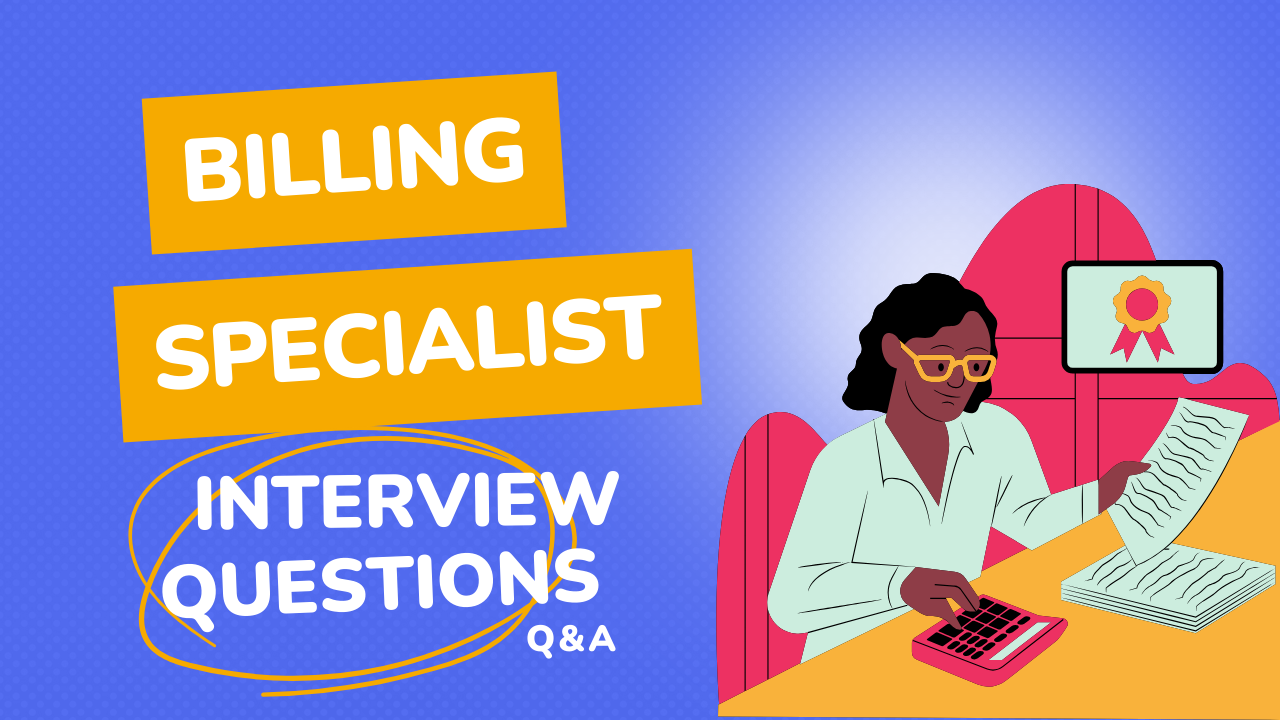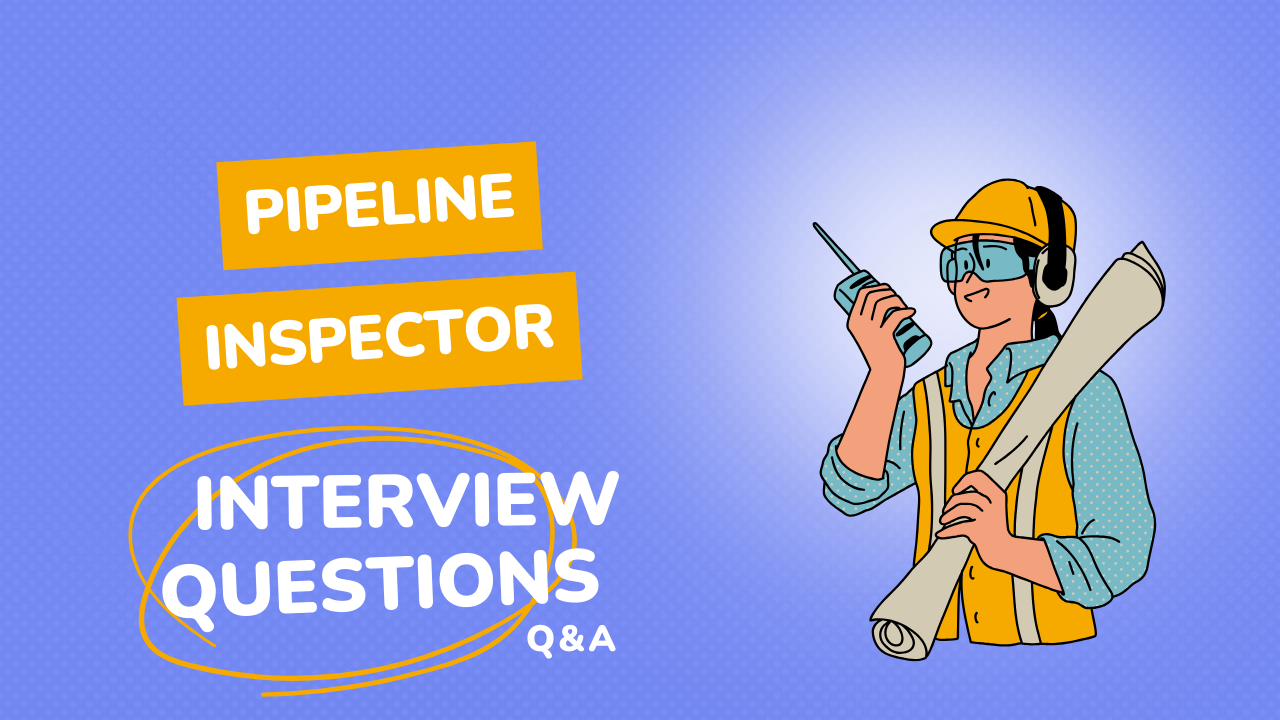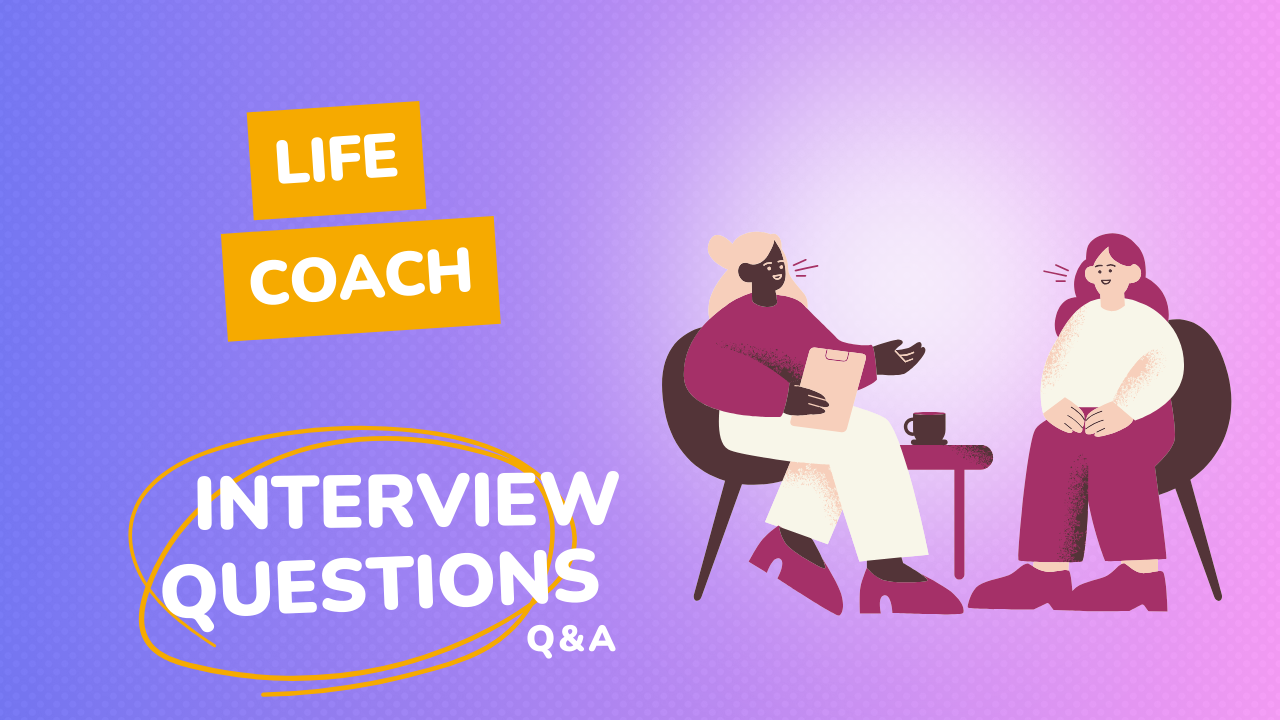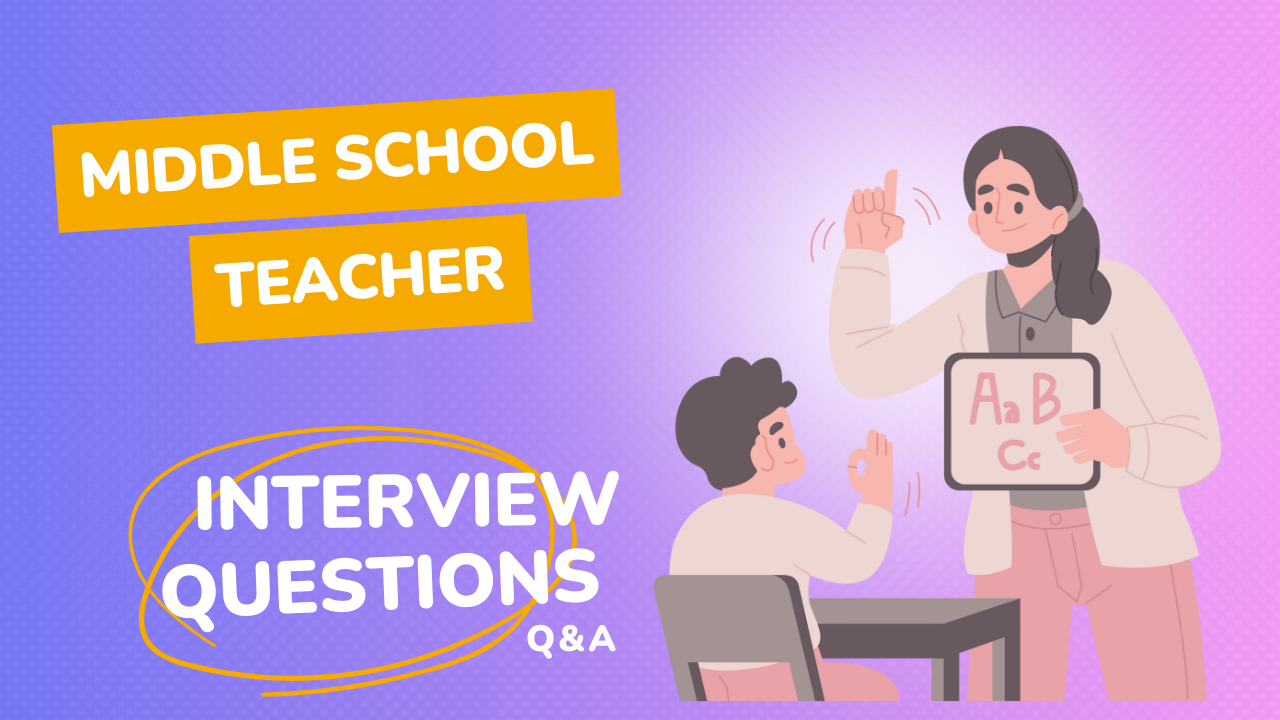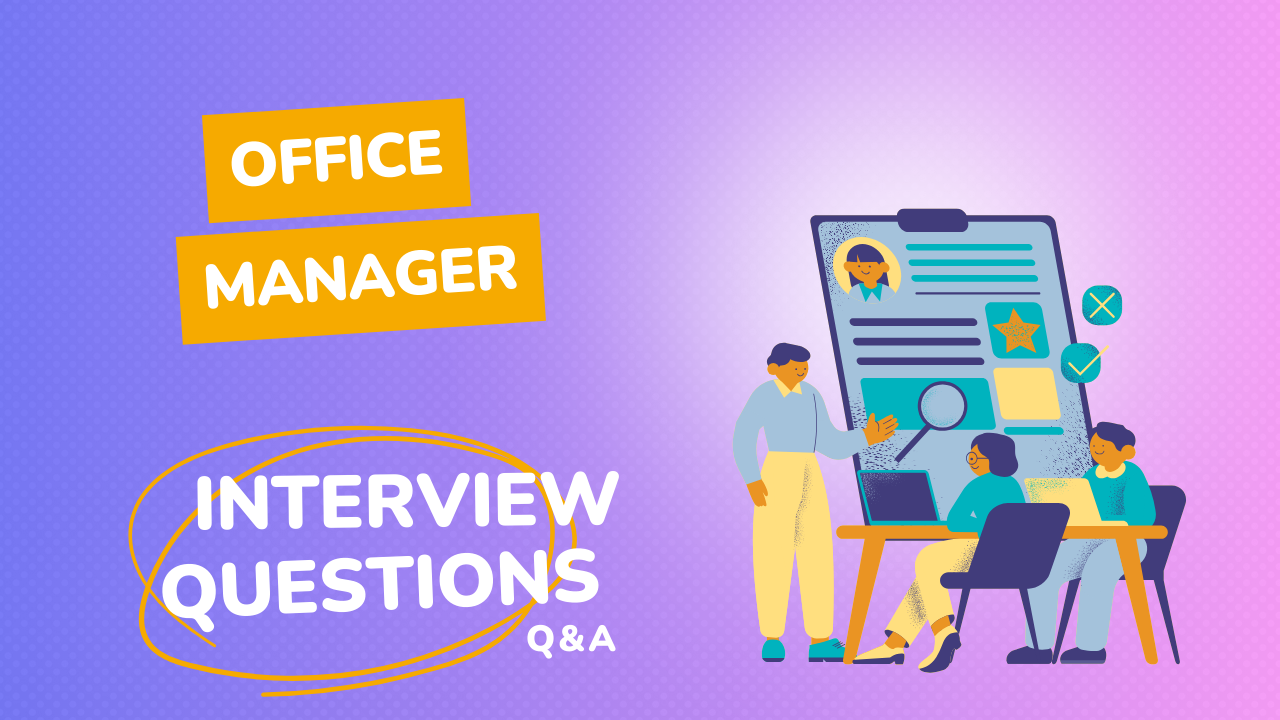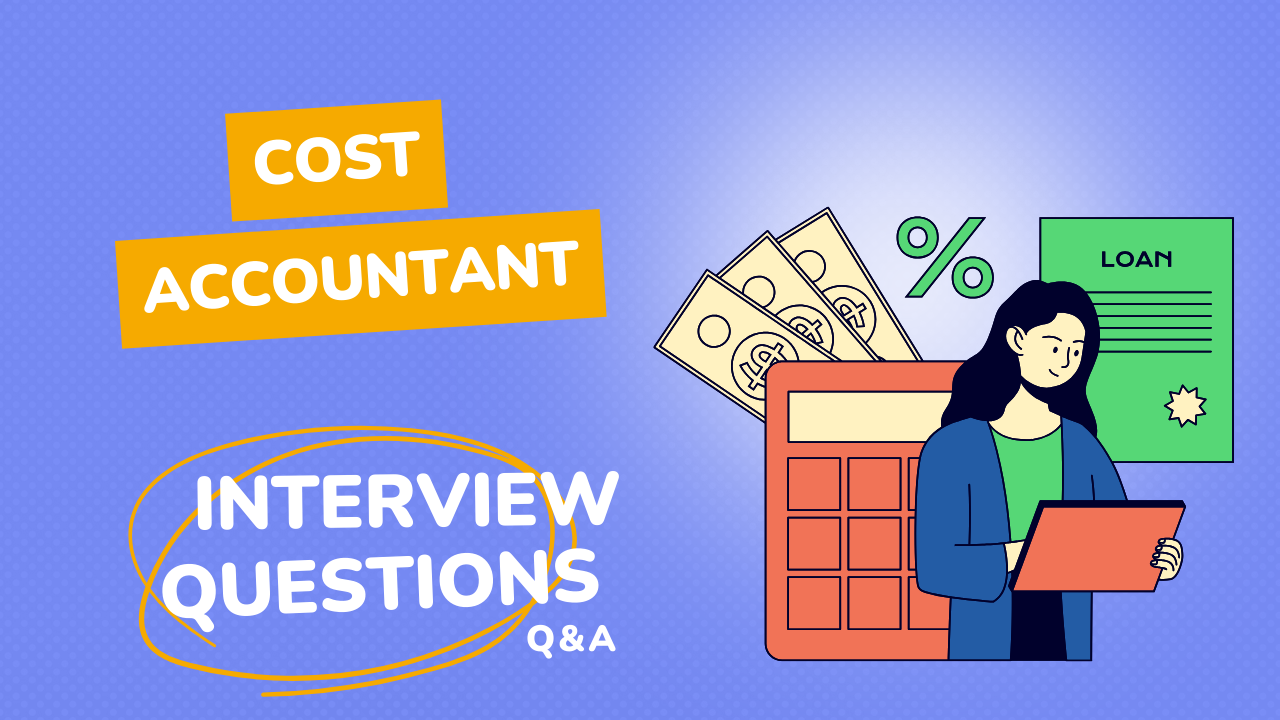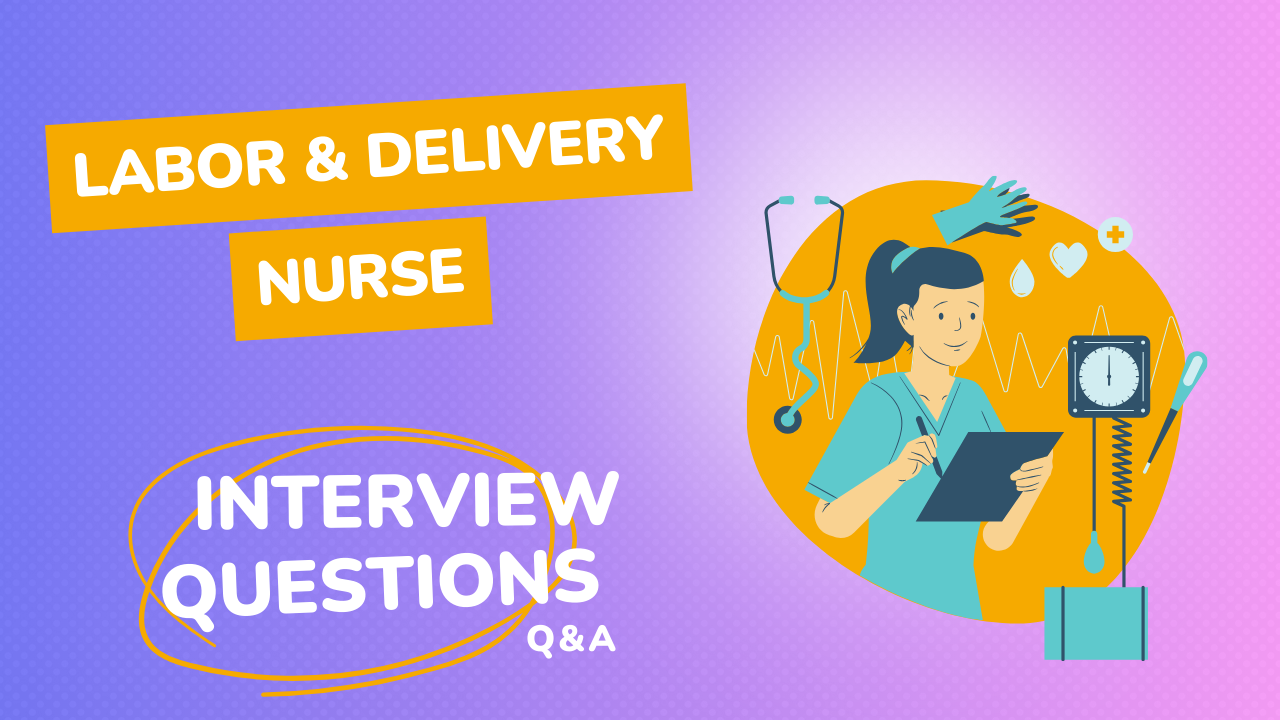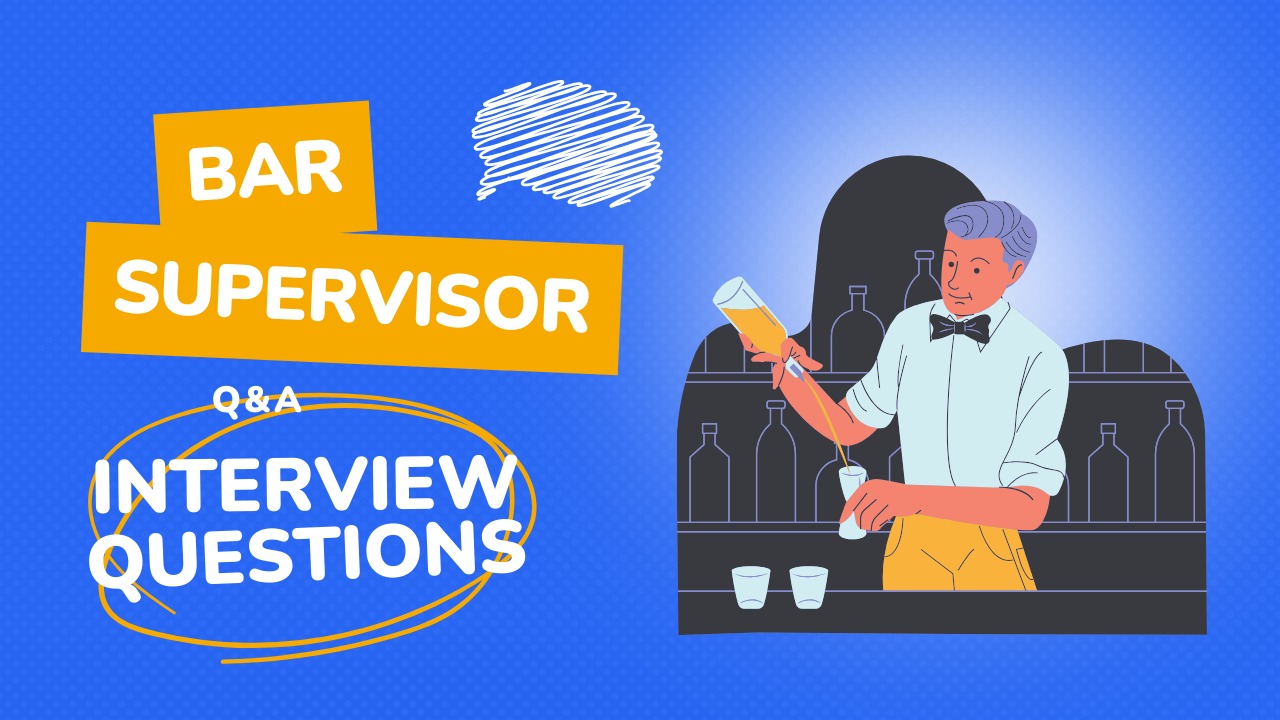Blog Detail

How to clear Auditor Interview Process in the UK, Q&A and tips
Jul 27, 2024
How to clear Auditor Interview Process in the UK, Q&A and tips
Introduction
The field of auditing plays a crucial role in ensuring financial transparency, regulatory compliance, and accountability within organizations. In the United Kingdom, auditors are in high demand, serving various sectors ranging from public accounting firms to government agencies and corporations. Securing a position as an auditor requires not only relevant qualifications but also a successful interview process.
In this detailed guide, we will explore the intricacies of the auditor interview process in the UK. From preparing effectively to understanding the expectations of potential employers, we will delve into every aspect to help you navigate this critical stage in your career journey.
Understanding the Role of an Auditor
Before delving into the interview process, it's essential to grasp the role of an auditor. Auditors are responsible for examining financial records, ensuring compliance with laws and regulations, identifying risks, and providing recommendations for improvement. They play a pivotal role in maintaining the integrity of financial information and fostering investor confidence.
Auditors may work in various settings, including public accounting firms, corporations, government agencies, and non-profit organizations. The specific responsibilities and focus areas may vary depending on the nature of the organization and the industry in which they operate.
How to Prepare for an Auditor Interview: Proven Strategies and Techniques?
Preparing for an auditor interview requires a strategic approach and thorough understanding of the role's demands, industry standards, and employer expectations. Whether you're aiming for a position in public accounting, corporate finance, or regulatory compliance, the interview process demands a blend of technical knowledge, problem-solving skills, and effective communication.
In this guide, we'll explore proven strategies and techniques to help you prepare for an auditor interview and increase your chances of success.
- Research the Company and Industry:
Before stepping into an auditor interview, conduct comprehensive research on the company and its industry. Understand the organization's history, mission, values, and recent financial performance. Familiarize yourself with the industry landscape, regulatory requirements, and emerging trends that may impact the organization's operations. This knowledge demonstrates your genuine interest and enables you to tailor your responses to align with the company's goals and challenges.
- Understand the Role and Responsibilities:
Carefully review the job description and identify the Auditor key responsibilities, qualifications, and skills required for the auditor position. Pay attention to specific auditing standards, regulatory frameworks, and industry-specific knowledge mentioned in the job posting. Prepare examples from your past experiences that highlight your ability to fulfil these requirements, such as conducting financial audits, evaluating internal controls, and communicating findings to stakeholders.
- Brush Up on Technical Knowledge:
Auditors need a strong foundation in accounting principles, auditing standards, and financial regulations to excel in their roles. Dedicate time to review key concepts, such as Generally Accepted Accounting Principles (GAAP), International Financial Reporting Standards (IFRS), and auditing methodologies outlined by regulatory bodies like the Financial Reporting Council (FRC) in the UK. Stay updated on recent developments, amendments, and interpretations to demonstrate your commitment to professional development.
- Practice Common Interview Questions:
Anticipate common interview questions related to auditing, your professional background, problem-solving abilities, and interpersonal skills. Practice articulating your responses concisely and confidently, using the STAR (Situation, Task, Action, Result) framework to structure your answers effectively. Sample questions may include:
- Can you describe a challenging audit engagement you faced in your previous role, and how did you overcome it?
- How do you ensure compliance with auditing standards and regulatory requirements in your work?
- How do you handle discrepancies or inconsistencies in financial statements during an audit?
- Can you provide an example of a time when you had to communicate complex audit findings to non-financial stakeholders?
- Prepare for Behavioural Interviews:
Behavioural interviews assess candidates past experiences and behavioural competencies to predict future performance in the role. Be prepared to share specific examples from your professional history that demonstrate key skills such as attention to detail, analytical thinking, teamwork, and adaptability. Use the STAR method to structure your responses and highlight your contributions and achievements in each scenario.
- Familiarize Yourself with Case Studies and Scenarios:
Some auditor interviews may include case studies or hypothetical scenarios to assess candidates' problem-solving abilities and decision-making process. Practice analysing case studies related to auditing challenges, regulatory compliance issues, or financial discrepancies. Pay attention to the assumptions, constraints, and potential implications of each scenario, and communicate your thought process clearly as you work through the problem.
- Develop Strong Communication Skills:
Effective communication is essential for auditors to convey complex information, facilitate discussions, and build rapport with clients and stakeholders. Practice active listening, clarity of expression, and professional demeanour during the interview. Pay attention to your body language, tone of voice, and use of technical jargon to ensure clear and concise communication throughout the conversation.
- Demonstrate Cultural Fit and Professionalism:
Employers seek candidates who not only possess the requisite skills and qualifications but also align with the organization's culture and values. Emphasize your professionalism, integrity, and commitment to ethical conduct throughout the interview process. Be respectful, courteous, and engaged during interactions with interviewers and other team members, demonstrating your ability to collaborate effectively in a diverse work environment.
Top Tips for Succeeding in Auditor Job Interviews
Succeeding in auditor job interviews requires a combination of technical knowledge, problem-solving abilities, effective communication skills, and a thorough understanding of the role and industry. Here are some top tips to help you excel in auditor job interviews:
- Understand the Role and Industry: Familiarize yourself with the specific responsibilities, qualifications, and industry standards relevant to the auditor role you're applying for. Research the organization's history, mission, values, and recent financial performance to demonstrate your interest and alignment with the company's objectives.
- Prepare Thoroughly: Dedicate time to review key accounting principles, auditing standards, and regulatory requirements applicable to the role. Practice answering common interview questions related to auditing procedures, financial analysis, risk assessment, and internal controls. Use the STAR (Situation, Task, Action, Result) method to structure your responses and provide concrete examples from your past experiences.
- Showcase Your Technical Knowledge: Highlight your proficiency in accounting principles, auditing methodologies, and financial reporting standards during the interview. Be prepared to discuss how you apply these concepts in practical situations, identify discrepancies, and ensure compliance with regulatory requirements. Demonstrate your ability to analyze financial statements, assess internal controls, and identify areas for improvement.
- Demonstrate Problem-Solving Skills: Auditors encounter complex challenges and unexpected issues during audits. Showcase your problem-solving abilities by discussing how you approach difficult situations, prioritize tasks, and develop effective solutions. Emphasize your analytical thinking, attention to detail, and ability to adapt to changing circumstances while maintaining accuracy and integrity in your work.
- Communicate Effectively: Articulate your thoughts and ideas clearly during the interview, using concise and professional language. Practice active listening and ask clarifying questions to ensure you understand the interviewer's expectations. Tailor your communication style to the audience, whether you're speaking with technical experts, non-financial stakeholders, or senior management.
- Highlight Your Soft Skills: In addition to technical expertise, employers value soft skills such as teamwork, collaboration, leadership, and time management. Provide examples of how you collaborate with colleagues, communicate effectively with clients, and manage competing priorities to achieve project objectives. Emphasize your ability to work well under pressure, meet deadlines, and maintain professionalism in challenging situations.
- Be Prepared for Behavioural Questions: Expect to answer behavioural interview questions that assess your past experiences, decision-making process, and interpersonal skills. Use the STAR method to structure your responses, focusing on specific situations, the tasks you performed, actions you took, and results you achieved. Provide examples that demonstrate your ability to resolve conflicts, handle difficult clients, and contribute to team success.
- Demonstrate Cultural Fit: Showcasing your alignment with the organization's culture, values, and work environment can strengthen your candidacy. Research the company culture, employee testimonials, and corporate initiatives to understand what sets the organization apart. Emphasize your adaptability, flexibility, and willingness to embrace the company's values and contribute positively to the team dynamic.
- Ask Thoughtful Questions: Prepare insightful questions to ask the interviewer about the role, team dynamics, career development opportunities, and the organization's strategic goals. Engage in meaningful discussions that demonstrate your curiosity, interest in the company's future, and desire to contribute to its success.
- Follow Up Appropriately: After the interview, send a thank-you email or note expressing your appreciation for the opportunity to interview. Use this opportunity to reiterate your interest in the role, highlight key points from the discussion, and express your enthusiasm for the possibility of joining the team. Keep your communication professional, concise, and tailored to the specific interview experience.
By following these top tips, you can effectively prepare for auditor job interviews and position yourself as a competitive candidate in the field. Remember to showcase your technical expertise, problem-solving skills, and cultural fit while demonstrating professionalism, enthusiasm, and a genuine interest in the role and organization. With thorough preparation and confident communication, you can increase your chances of success and secure a rewarding career opportunity in auditing.
25+ Common Interview Questions for Auditor and their Answers with Examples
Certainly! Here are 25 common interview questions for in auditor roles the UK along with sample answers:
- Can you describe your experience with auditing standards and regulations in the UK?
- Sample Answer: "In my previous roles, I have worked extensively with auditing standards such as International Standards on Auditing (ISAs) and regulatory frameworks set forth by the Financial Reporting Council (FRC) in the UK. I stay updated on changes and amendments to ensure compliance and accuracy in my audits."
- How do you approach risk assessment during the audit process?
- Sample Answer: "I start by understanding the business environment, internal controls, and key risk areas. I then prioritize risks based on their impact and likelihood, develop risk assessment procedures, and tailor audit tests accordingly to address identified risks effectively."
- Can you provide an example of a challenging audit engagement you've faced and how you resolved it?
- Sample Answer: "During a complex audit of a multinational corporation, we encountered discrepancies in revenue recognition practices across subsidiaries. I collaborated closely with cross-functional teams, conducted detailed analysis, and developed a comprehensive audit plan to address the issues, ultimately leading to improved financial reporting accuracy."
- How do you ensure compliance with auditing standards and regulatory requirements in your work?
- Sample Answer: "I maintain a thorough understanding of relevant auditing standards, regulations, and industry-specific guidelines. I conduct regular reviews, perform quality assurance checks, and seek guidance from professional networks and regulatory bodies to ensure adherence to best practices and regulatory requirements."
- How do you stay updated on changes in auditing standards and regulations?
- Sample Answer: "I actively participate in professional development opportunities, attend seminars, webinars, and conferences, and engage with industry publications and regulatory updates. Additionally, I am a member of professional associations such as the Institute of Chartered Accountants in England and Wales (ICAEW), which provides valuable resources and updates."
- How do you handle discrepancies or inconsistencies in financial statements during an audit?
- Sample Answer: "I investigate discrepancies meticulously, analyze underlying transactions, review supporting documentation, and communicate findings to relevant stakeholders. I collaborate with management to understand root causes, implement corrective actions, and ensure accurate financial reporting."
- Can you describe your experience in conducting risk-based audits?
- Sample Answer: "I utilize a risk-based approach to identify, assess, and prioritize audit risks. I focus on understanding the business environment, assessing internal controls, and tailoring audit procedures to address significant risks effectively. This approach ensures that audit resources are allocated efficiently and risks are mitigated appropriately."
- How do you communicate audit findings and recommendations to clients or management?
- Sample Answer: "I prepare clear, concise, and actionable audit reports that summarize findings, identify areas of improvement, and provide practical recommendations for enhancing controls and processes. I communicate findings in a professional and collaborative manner, fostering open dialogue and constructive feedback."
- Can you discuss your experience with conducting internal control assessments?
- Sample Answer: "I have experience evaluating internal control frameworks, identifying control deficiencies, and assessing the design and operating effectiveness of controls. I document control deficiencies, recommend remediation measures, and collaborate with management to strengthen internal controls and mitigate risks."
- How do you prioritize tasks and manage tight deadlines during audit engagements?
- Sample Answer: "I prioritize tasks based on urgency, complexity, and impact on audit objectives. I develop detailed work plans, set realistic deadlines, and allocate resources efficiently to meet project milestones. I maintain open communication with team members and stakeholders to address challenges proactively and ensure timely completion of audit engagements."
- Can you discuss your experience with audit sampling techniques?
- Sample Answer: "I employ various audit sampling techniques, including statistical sampling, judgmental sampling, and stratified sampling, depending on the nature and objectives of the audit engagement. I ensure that sample sizes are sufficient to achieve desired confidence levels and represent the population accurately."
- How do you handle conflicts or disagreements with clients or colleagues during audits?
- Sample Answer: "I approach conflicts diplomatically, listen actively to understand perspectives, and seek common ground for resolution. I remain professional, respectful, and focused on finding mutually beneficial solutions. I escalate unresolved issues through appropriate channels while maintaining open communication and transparency."
- Can you provide an example of a time when you identified fraud or financial misconduct during an audit?
- Sample Answer: "During a routine audit, I discovered irregularities in expense reimbursements that raised suspicion of fraudulent activities. I conducted a thorough investigation, gathered evidence, and reported my findings to management and the appropriate authorities. This led to corrective actions and strengthened controls to prevent future occurrences."
- How do you ensure confidentiality and data security during audit engagements?
- Sample Answer: "I adhere to strict confidentiality protocols and data security measures to protect sensitive information obtained during audits. I restrict access to confidential documents, use secure communication channels, and comply with data protection regulations such as the General Data Protection Regulation (GDPR) to safeguard client information."
- Can you discuss your experience with conducting substantive testing and analytical procedures?
- Sample Answer: "I utilize substantive testing techniques, such as detailed transaction testing and substantive analytical procedures, to obtain sufficient and appropriate audit evidence. I evaluate the reliability and relevance of data sources, perform trend analysis, and corroborate findings to support audit conclusions."
- How do you adapt to changes in audit methodology or technology?
- Sample Answer: "I embrace changes in audit methodology and technology as opportunities for continuous improvement and professional growth. I actively participate in training programs, seek feedback from peers and mentors, and leverage emerging technologies such as data analytics and audit automation to enhance audit efficiency and effectiveness."
- Can you describe your experience with working in a team-based audit environment?
- Sample Answer: "I thrive in team-based audit environments where collaboration, communication, and shared accountability are paramount. I contribute actively to team discussions, respect diverse perspectives, and leverage individual strengths to achieve common goals. I foster a supportive and inclusive work culture that promotes mutual respect and professional development."
- How do you handle time management and multitasking during busy audit seasons?
- Sample Answer: "I prioritize tasks based on deadlines, importance, and dependencies to optimize time management and productivity. I break down complex projects into manageable tasks, delegate responsibilities where appropriate, and maintain clear communication channels to track progress and address potential bottlenecks proactively."
- Can you discuss your experience with audit software and technology tools?
- Sample Answer: "I have proficiency in using audit software such as Caseware, ACL, and TeamMate to streamline audit workflows, perform data analytics, and generate audit documentation efficiently. I stay updated on emerging technologies and best practices to leverage tools that enhance audit quality, accuracy, and efficiency."
- How do you maintain independence and objectivity in your audit work?
- Sample Answer: "I adhere to professional ethics and standards of independence and objectivity in all aspects of my audit work. I maintain impartiality, avoid conflicts of interest, and exercise professional skepticism to evaluate evidence objectively and draw conclusions based on facts and analysis."
- Can you discuss your experience with conducting fraud risk assessments and forensic audits?
- Sample Answer: "I have experience conducting fraud risk assessments, identifying red flags, and implementing preventive controls to mitigate fraud risks. I perform forensic audits to investigate suspected fraud incidents, gather evidence, and collaborate with legal and investigative teams to support litigation or disciplinary actions."
- How do you ensure documentation accuracy and completeness in audit files?
- Sample Answer: "I maintain detailed and organized audit documentation that accurately reflects audit procedures, findings, and conclusions. I follow standardized documentation templates, record audit evidence systematically, and review work papers for accuracy, completeness, and compliance with auditing standards."
- Can you discuss your experience with conducting audit fieldwork and site visits?
- Sample Answer: "I conduct comprehensive audit fieldwork, including site visits, walkthroughs, and interviews with key personnel to obtain relevant audit evidence. I observe business operations, assess internal controls, and gather insights that inform audit planning, risk assessment, and substantive testing strategies."
- How do you handle challenging or unexpected situations during audits?
- Sample Answer: "I remain calm, adaptable, and focused on problem-solving when faced with challenging situations during audits. I seek guidance from supervisors or subject matter experts, assess alternative courses of action, and communicate transparently with stakeholders to address issues and mitigate risks effectively."
- Can you discuss your experience with presenting audit findings to senior management or audit committees?
- Sample Answer: "I prepare clear, concise, and insightful presentations that summarize audit findings, highlight key risks and control deficiencies, and provide actionable recommendations for improvement. I engage with senior management or audit committees in constructive discussions, address questions or concerns, and facilitate decision-making to drive positive change."
These sample questions and answers can help you prepare effectively for auditor job interviews in the UK, demonstrating your expertise, experience, and readiness to excel in the role. Remember to tailor your auditor resume to your specific experiences and the requirements of the position you're applying for.
